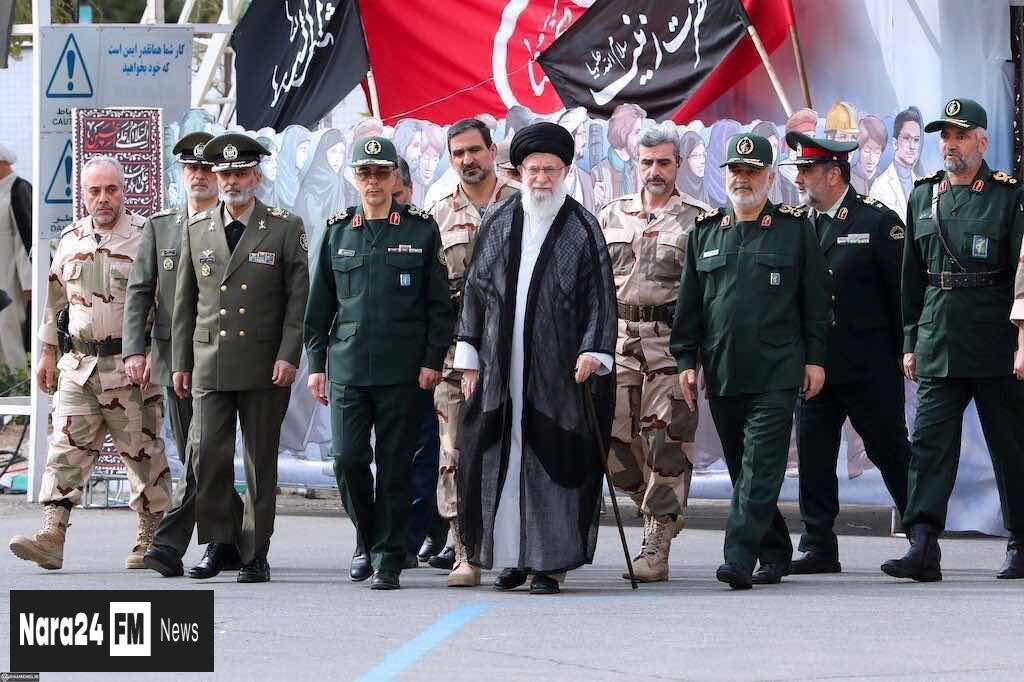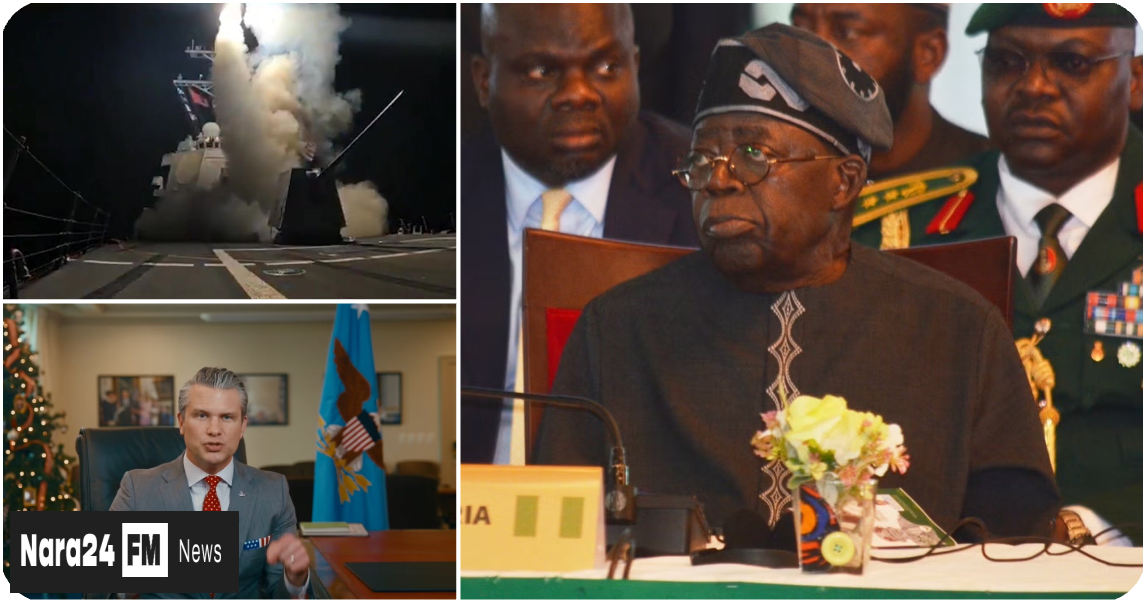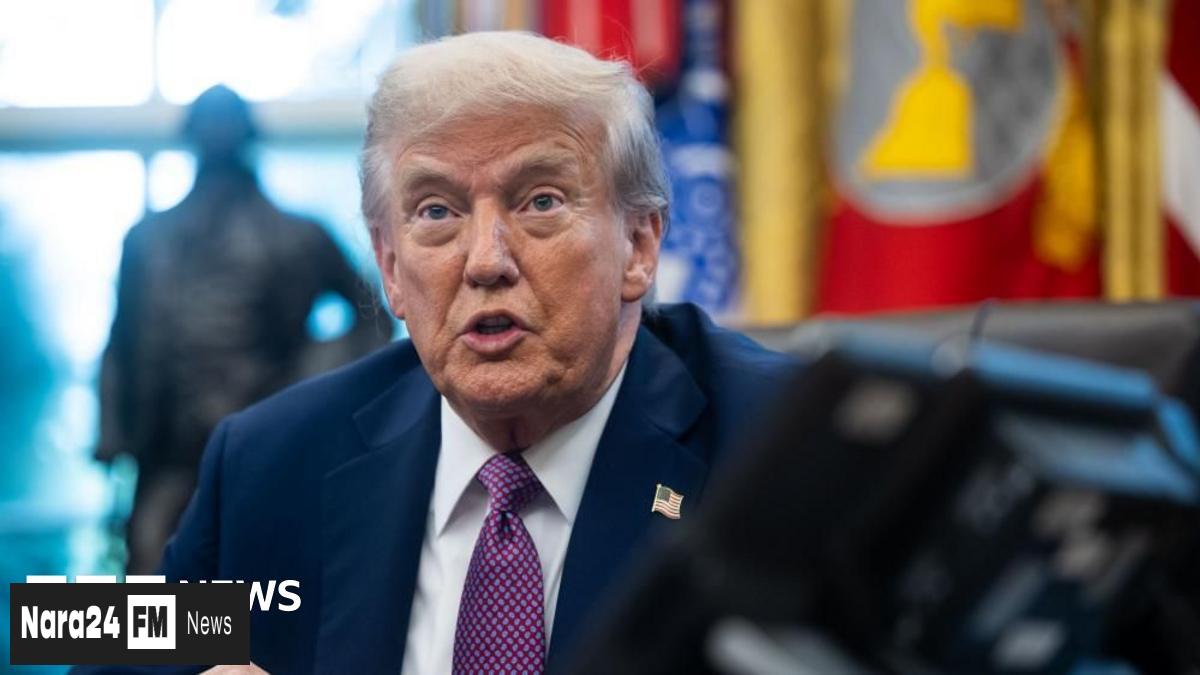In This Article
- The Tension Escalates
- The Nuclear Dilemma
- The Risks of War
- Diplomatic Imperative
- Conclusion
Key Takeaways
- Iran's defiant stance on uranium enrichment signals a preference for war over halting enrichment, raising global concerns.
- Iran views its nuclear program as a symbol of national pride, deterrence, and regional power, emphasizing its right to pursue peaceful nuclear energy despite Western concerns.
- The risk of military escalation in the Middle East is heightened by Iran's assertive rhetoric, with potential consequences including chaos, humanitarian crises, and economic disruptions.
- Diplomatic efforts are crucial in averting a crisis, as international actors stress the importance of dialogue, negotiation, and engagement to de-escalate conflicts and find peaceful resolutions.
- The interplay between national pride, security concerns, and global stability underscores the need for diplomatic solutions to prevent a descent into conflict with severe consequences.
The Tension Escalates
Iran's recent statement emphasizing its preference for war over halting uranium enrichment has sent shockwaves through the international community. The defiant stance, as conveyed by Iranian officials, underscores the regime's unwavering commitment to its nuclear program and sovereignty.
The Nuclear Dilemma
For Iran, the nuclear program is not just a matter of technological advancement but a symbol of national pride, deterrence, and regional power. The country has long insisted on its right to pursue peaceful nuclear energy, despite concerns from Western powers about potential weaponization.
In response to increasing pressure and sanctions, Iran's rhetoric has become more assertive, with the recent statement reflecting a willingness to confront any threats to its nuclear ambitions head-on. This uncompromising position raises concerns about the potential for military escalation in an already volatile region.
The Risks of War
While Iran's show of resolve may be aimed at deterrence, the implications of choosing war over diplomacy are grave. A military conflict involving Iran could have devastating consequences not only for the country itself but for the entire region and global stability.
Any military confrontation in the Middle East has the potential to spiral out of control, leading to widespread chaos, humanitarian crises, and economic disruptions. The global community, therefore, views Iran's stance with deep concern, urging all parties to prioritize diplomatic solutions to avoid a catastrophic scenario.
UN Investigates Alleged War Crimes by M23 Rebels and DRC Army
The United Nations is conducting an investigation into poten...
Read moreDiplomatic Imperative
Amid escalating tensions, diplomatic efforts take on renewed importance in averting a potential crisis. Dialogue, negotiation, and engagement are essential tools in de-escalating conflicts and finding peaceful resolutions to complex issues.
International actors, including the United Nations and key world powers, are closely monitoring the situation and calling for restraint. The need for constructive dialogue and diplomatic solutions has never been more pressing, as the consequences of military action in the region would be dire for all parties involved.
Conclusion
Iran's bold declaration underscores the complex interplay between national pride, security concerns, and global stability in the context of its nuclear program. While the risks of war loom large, the imperative for diplomatic solutions remains paramount to prevent a descent into conflict with far-reaching consequences.
As the world watches developments in the region with trepidation, the hope is that cool heads will prevail, and pragmatic solutions will be sought to address the underlying issues diplomatically, safeguarding peace and stability for all.








Comments (0)
Leave a Comment
Be the first to comment on this article!